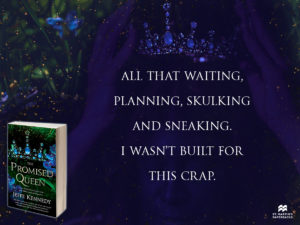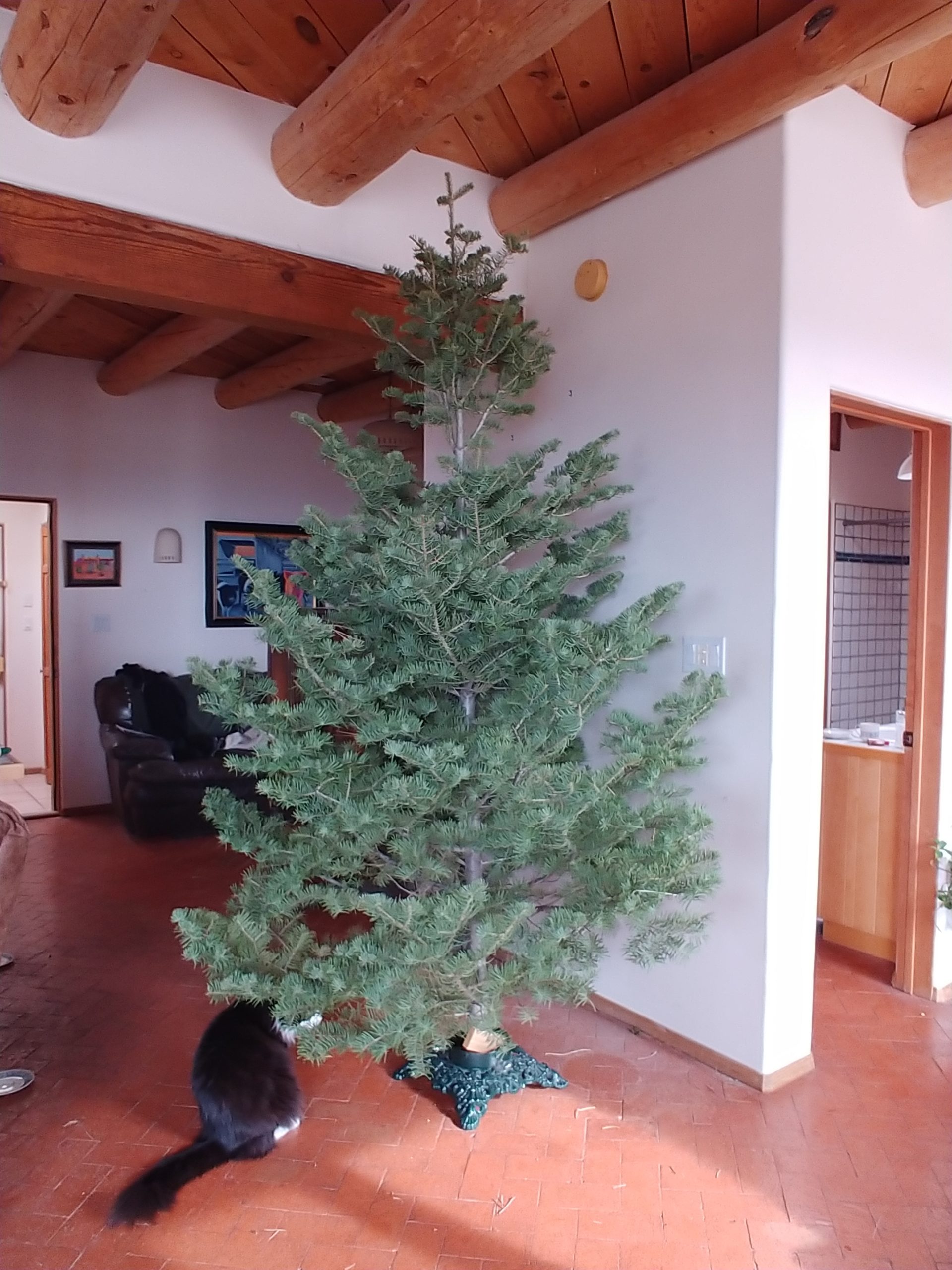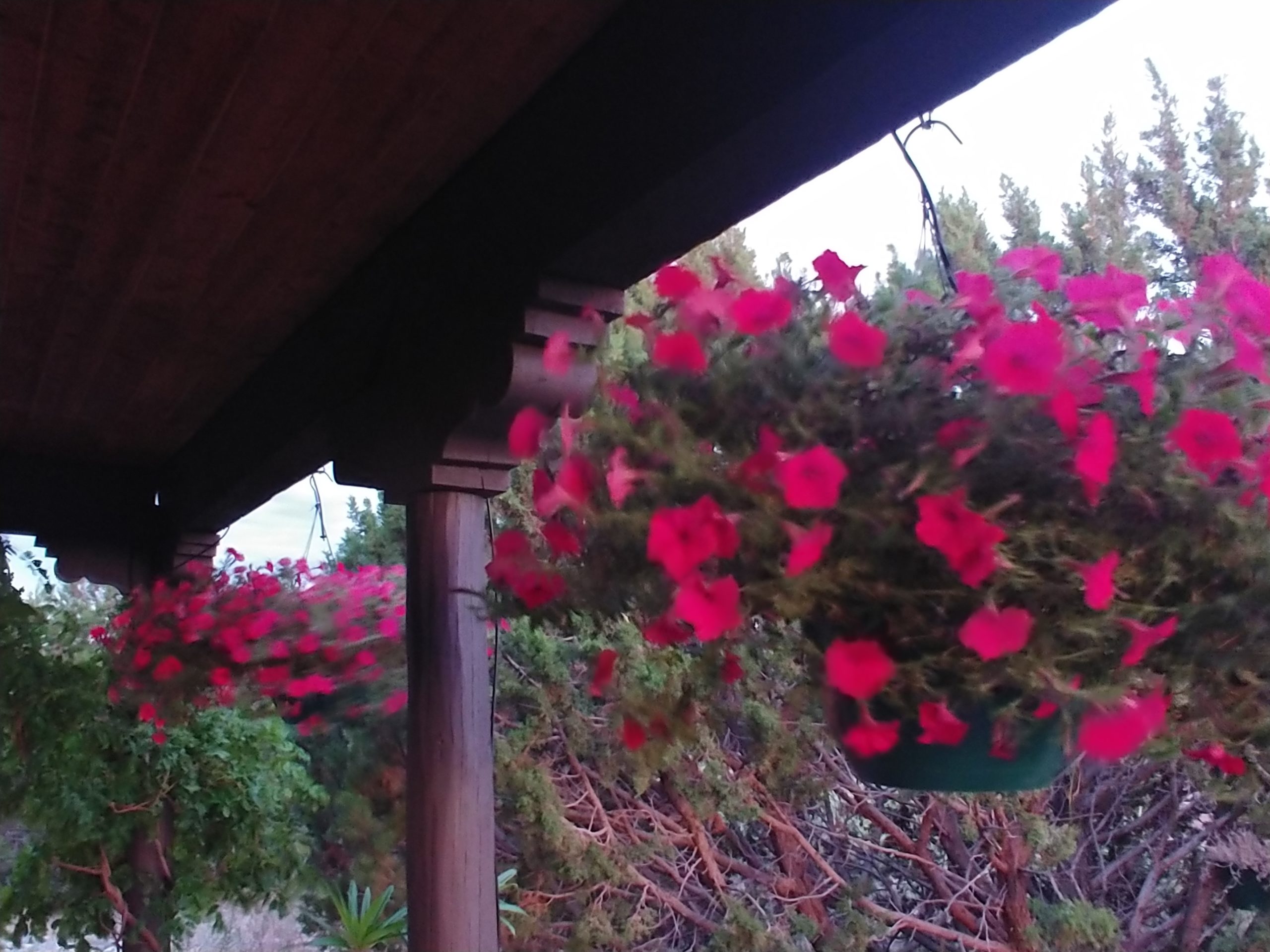How gardening is a great metaphor for life and creativity – accepting loss and treating that as an opportunity to plant anew, embracing change, and giving up control. Also, ways to be kind to ourselves.

RITA ® Award-Winning Author of Fantasy Romance
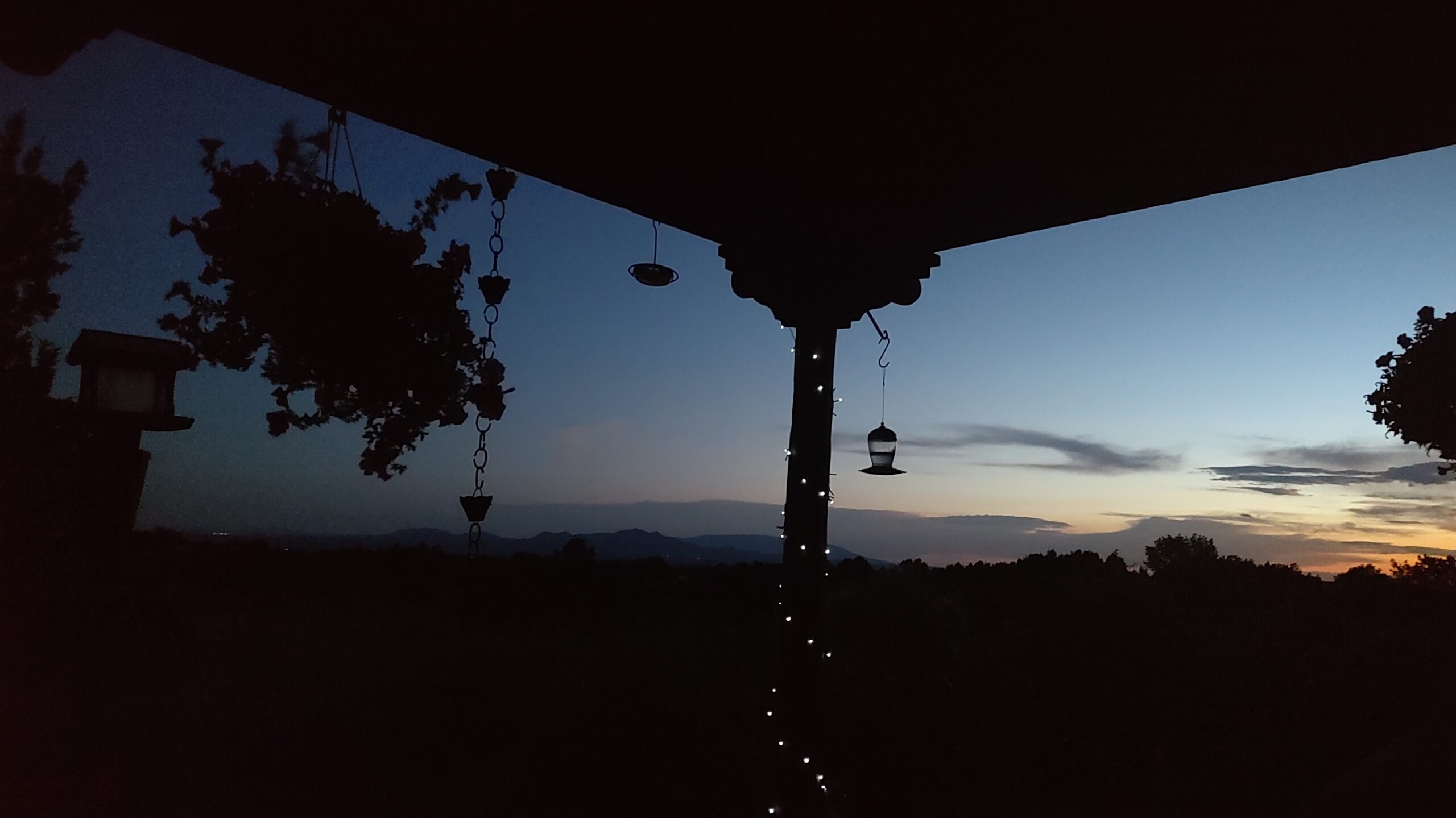
How gardening is a great metaphor for life and creativity – accepting loss and treating that as an opportunity to plant anew, embracing change, and giving up control. Also, ways to be kind to ourselves.

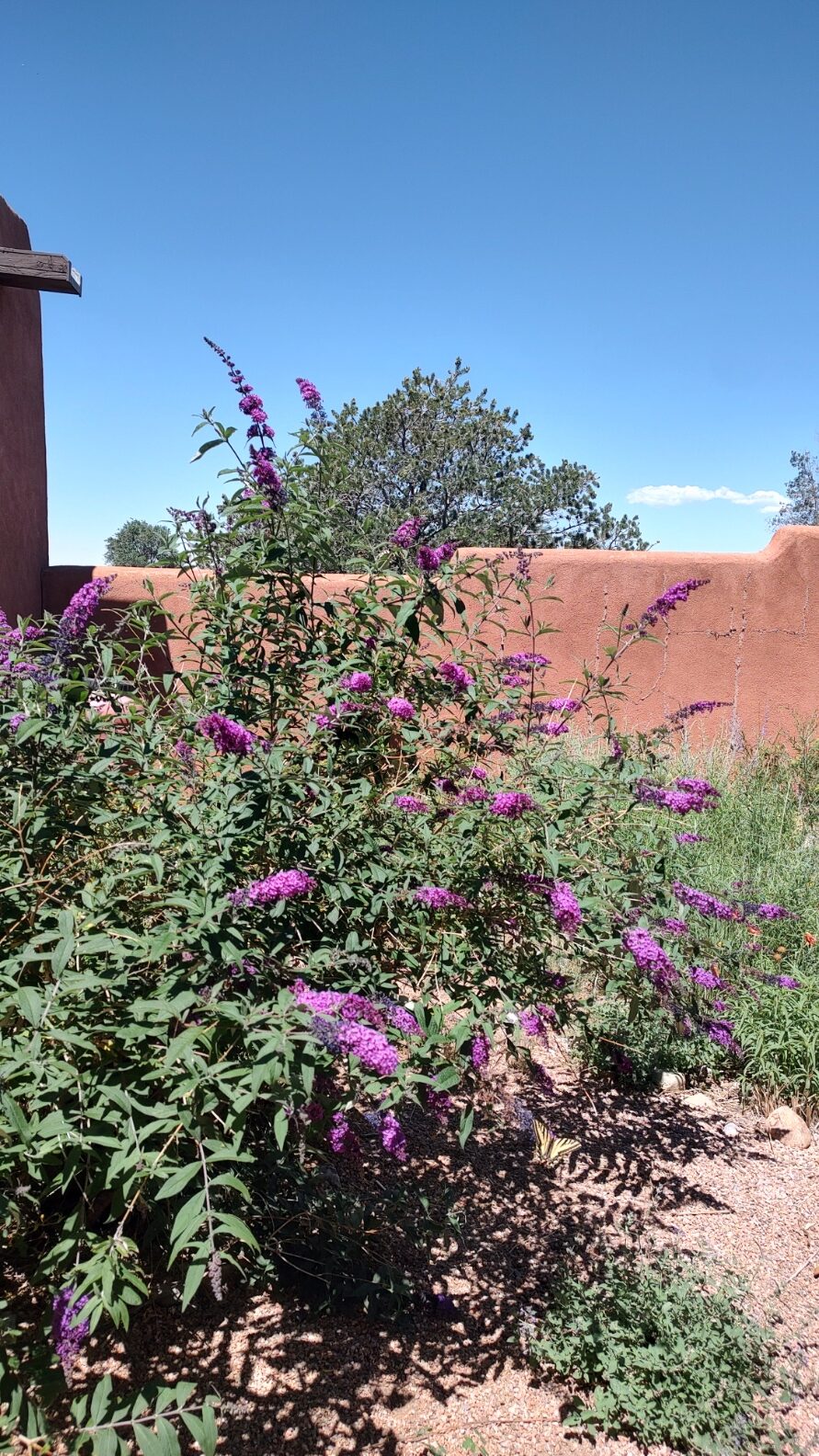
On knife-throwing and yoga – and why the process is the most important part, not the goal. Also, “rules” for submitting to traditional publishing, talent vs. discipline, gardening, and having the bandwidth to take on new projects.

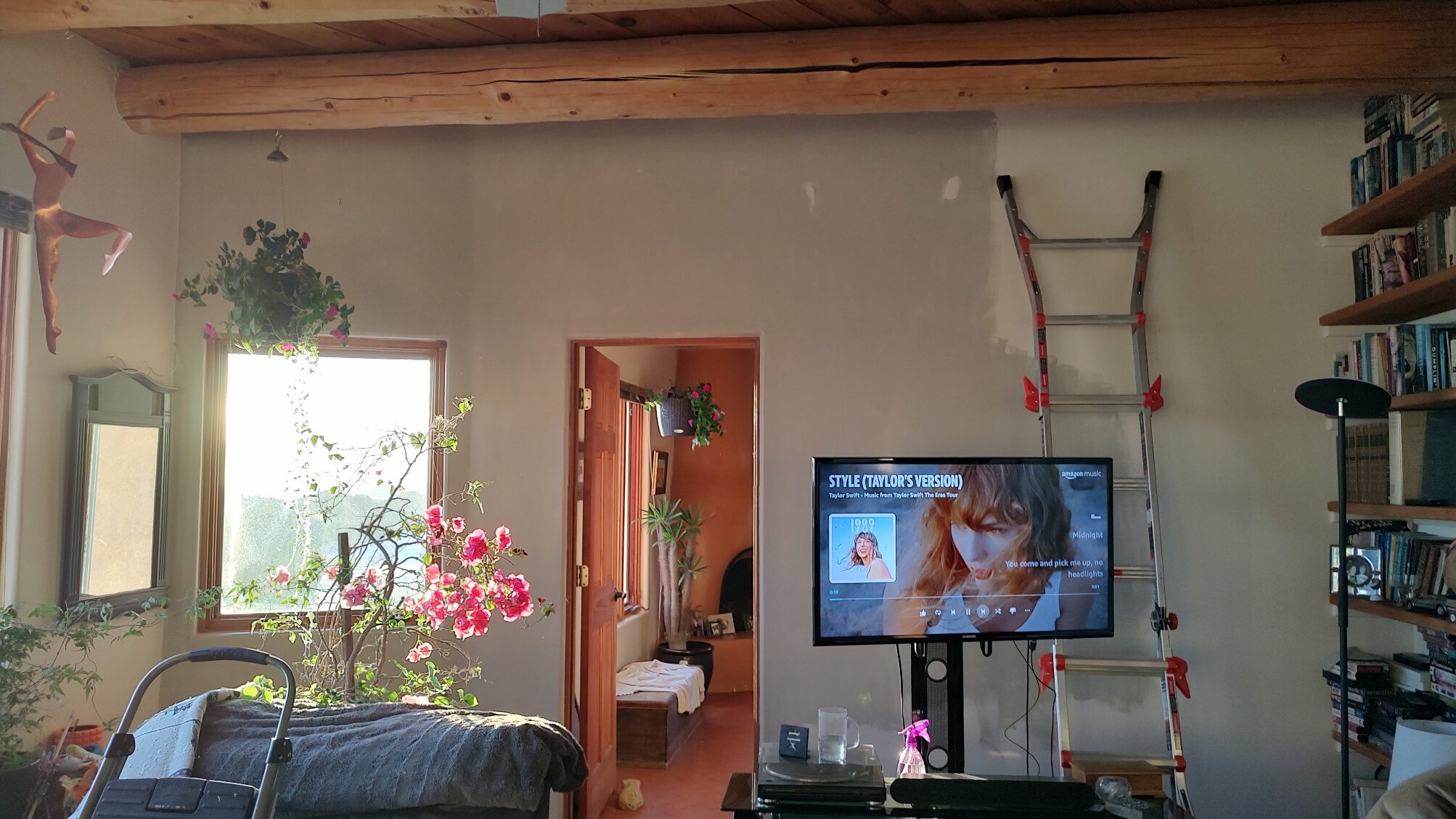

This week at the SFF Seven we’re talking about those hobbies that take the pressure off writing.
This is relevant for more than curiosity because hobbies are key for creatives to fend off burnout. It’s interesting, because it seems like when we talk about “hobbies,” we’re already assigning whatever project it is a lesser status. A hobby is something you do on the side, for pleasure and no other reason. I’m going to add that a hobby usually doesn’t generate income (until it does). You might not even be that good at it, because if you were good at it, people would pay you, right?
We talk about hobbies in a slightly indulgent, somewhat disparaging way:
“Oh, my spouse’s hobby is woodworking, but mostly they just putter in the garage.”
or
“My spouse reads countless books. It’s a cute hobby, but an expensive one!”
See what I mean?
The thing about hobbies, though, is that they are critical to our wellbeing. They keep us sane. For creatives, hobbies refill the well, which is what we need to avoid burnout.
What happens for a lot of us making a living from our creative work – I’ll stick with writing as my example – is that what started as a hobby becomes a job. The thing we did for fun, for pressure release, simply out of love, becomes the thing we must do to pay the mortgage and keep the lights on. We lost our hobby and frequently don’t replace it. Because we’re doing what we love for work! That should be enough, right?
Spoiler: it’s not enough.
One of the most important things any creative can do is have a non-monetized creative outlet or two. AKA, hobbies. The non-monetized aspect is important, because it allows us to be creative without that feeling of needing to pay the bills or track sales or make business decisions. I met a US Poet Laureate who also painted – and very well – but had a solid rule never to sell his work. He only gave his paintings as gifts. I’ve remembered that lesson ever since.
What do I do? I confess that, in the eight years since I became a full-time, career author – as in supporting my family with my writing – I have not been super great at keeping up hobbies. I’ve burned out once, too, and come close to it a couple of other times. I’m trying to do better. What do I do?
It was instructive to make this list coming at it from the lens of a “hobby” rather than “non-monetized creativity.” I’ve been trying to implement creative things I can do, but I’m just now realizing that these other activities – even something as prosaic painting my living room (I decided to include an in-process photo), as I’m doing this weekend – also count as leisure-time, restorative activities. Theoretically, everything on my list could be monetized.
(Maybe not. Can you be paid to hike? And I will never, ever be that good at yoga! Trust me: a yoga teacher I will never be.)
Anyway, celebrate those hobbies! They aren’t silly or pointless. They’re what feeds us as human beings.
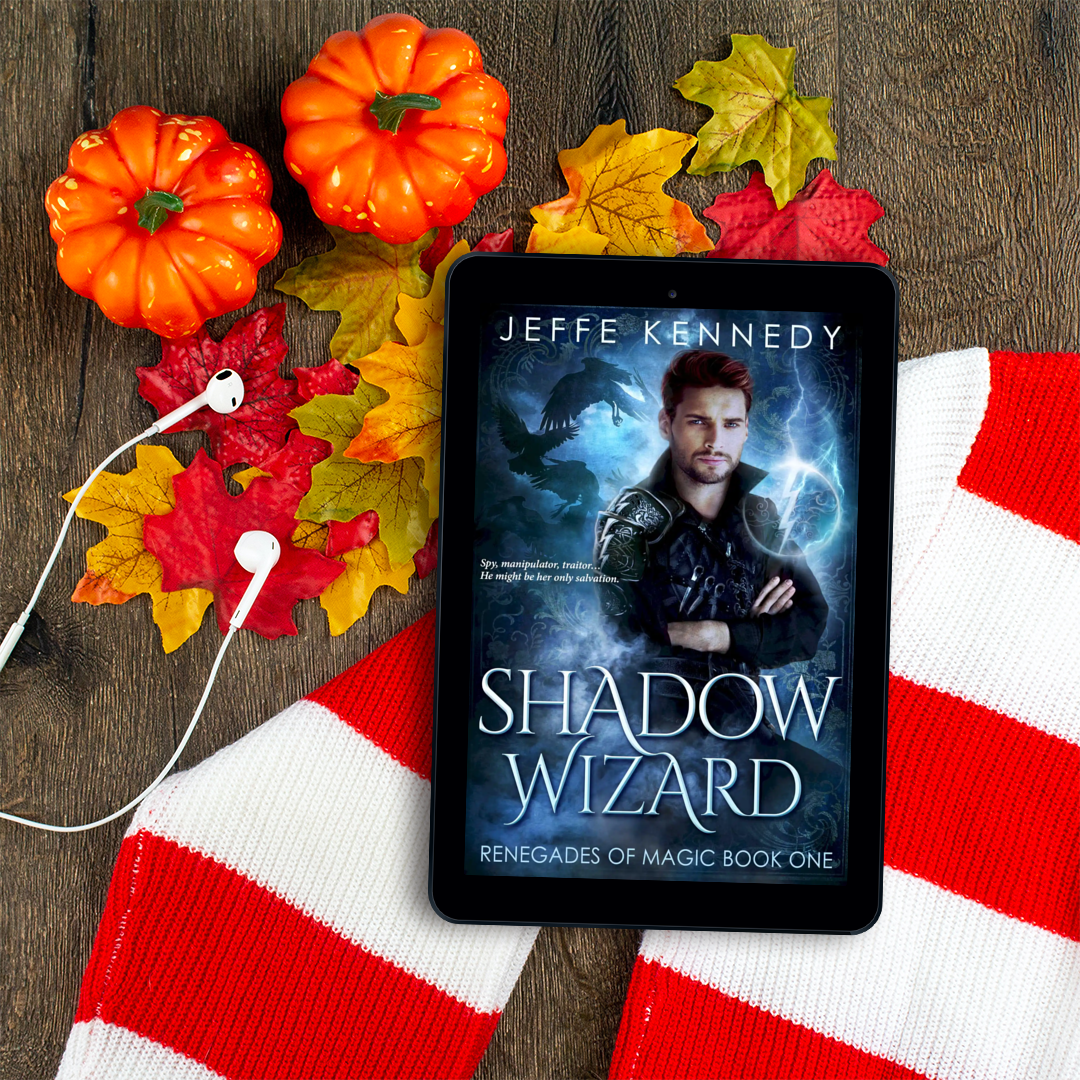
In honor of Halloween, a bit of a tour of my always slightly gothic office decor. Also, the audiobook for SHADOW WIZARD is out! Finally, some thoughts on being famous (or not) and what that means.
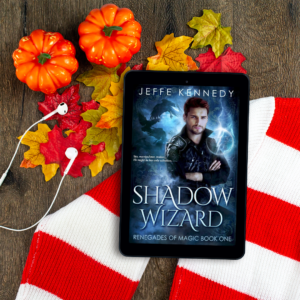
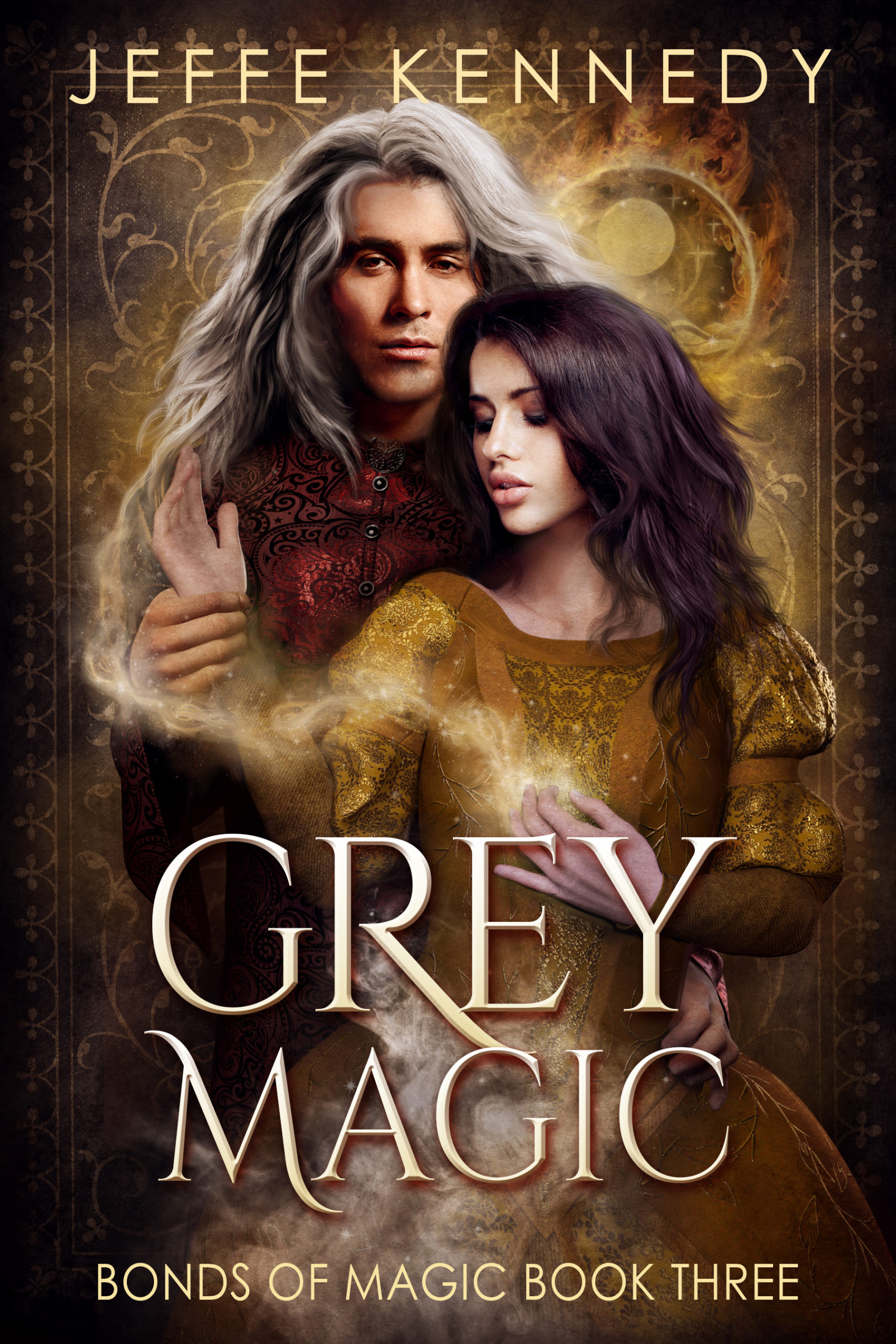

This week at the SFF Seven we’re talking destressing. We’re asking, “What’s one thing you do to keep (or reestablish) your equanimity when life is too much?”
That’s always the question, isn’t it?
It’s especially pertinent for me today because I’ve been stressing about whether I can get GREY MAGIC, book #3 in Bonds of Magic, written in time for release. See, I’ve known for a while that I wouldn’t make my original release date of December 20. Yes, the December 20 that’s nineteen days from this post. I made a deliberate choice there when Agent Sarah asked me to write more on a book she really wanted to take on submission this fall. “I’ll just postpone the release date,” I thought to myself. Then, yesterday, I was deciding what I should push the date to, as Amazon requires that we change the date at least five days ahead. Yes, that still gives me two weeks, but I wanted to get a feel for that – and if it means I also have to push the release of THE STORM PRINCESS AND THE RAVEN KING. (Reader: I do. Apologies! These things have a cascade effect…)
So, I was picking my ideal, least-amount-of-stress date when I realized: Amazon only allows us to push the date by 30 days. For those not wanting to do the math, that made the new release date January 19. At first I tried manipulating my schedule and wordcount goals, considering writing on weekends, which I normally take off to relax and refill the well, and then I realized that I would be incredibly stressed trying to do that. I ended up soliciting advice. My plan is to call Amazon and see if they’ll grant me dispensation to push both release dates out to a comfortable distance. Apparently they sometimes will, and I stand a good chance as I haven’t done this before. Wish me luck! And I’ll report back.
Fair warning: those dates I’ll be requesting are mid-February and mid-April, just to give myself plenty of room since I don’t want to have to try to change them again.
Onward to the actual topic!
Stress isn’t easy to combat, especially since it can be so insidious. Our neurological systems are built to constantly re-establish baselines, so we can be alerted to new dangers. This means we become inured to the presence of chronic stressors, in order to be aware of acute ones. In essence, we forget about the alligators in the watering hole that are always there, so we can be alert to the arrival of the tiger.
But only our conscious awareness “forgets” about the alligators. Our adrenal system is revved about those stinking alligators, punching up our nervous system every time we take a drink. For modern humans, our alligators are those constant concerns of our lives: money, health, family, deadlines, politics, etc. We think we’re not stressed about these things all the time because we’re used to it. Often it’s only when the stress relents that we become aware of its absence – with sheer, blessed relief.
For me this means being proactive. I make an effort to combat stress even when I don’t feel particularly stressed. What do I do?
1) Take deep breaths. I know this may feel like hackneyed advice, but really is the best. Studies have shown we hold our breath when reading emails or when social media notifications arrive. By reminding myself to consciously and conscientiously breathe deeply, I release and fend off stress.
2) Speaking of email and social media notifications, I silence as much as possible. All those pop-ups, pings, and badges? Turn them off! Very little needs our immediate attention. For email, I try to confine my engagement with it to once a day. Much like the paper mail. I treat it like it arrives once and I read and respond then.
3) I try to be kind to myself, doing those things that others have mentioned here. Yoga is great, not only for the energy realignment and breathing (!), but also because it makes me step away from the phone and computer for an hour and be only in my body. Being outside works for this. Long walks. Reading in the sun. Unplugging and focusing on non-monetized creative tasks.
What do you all do to destress?
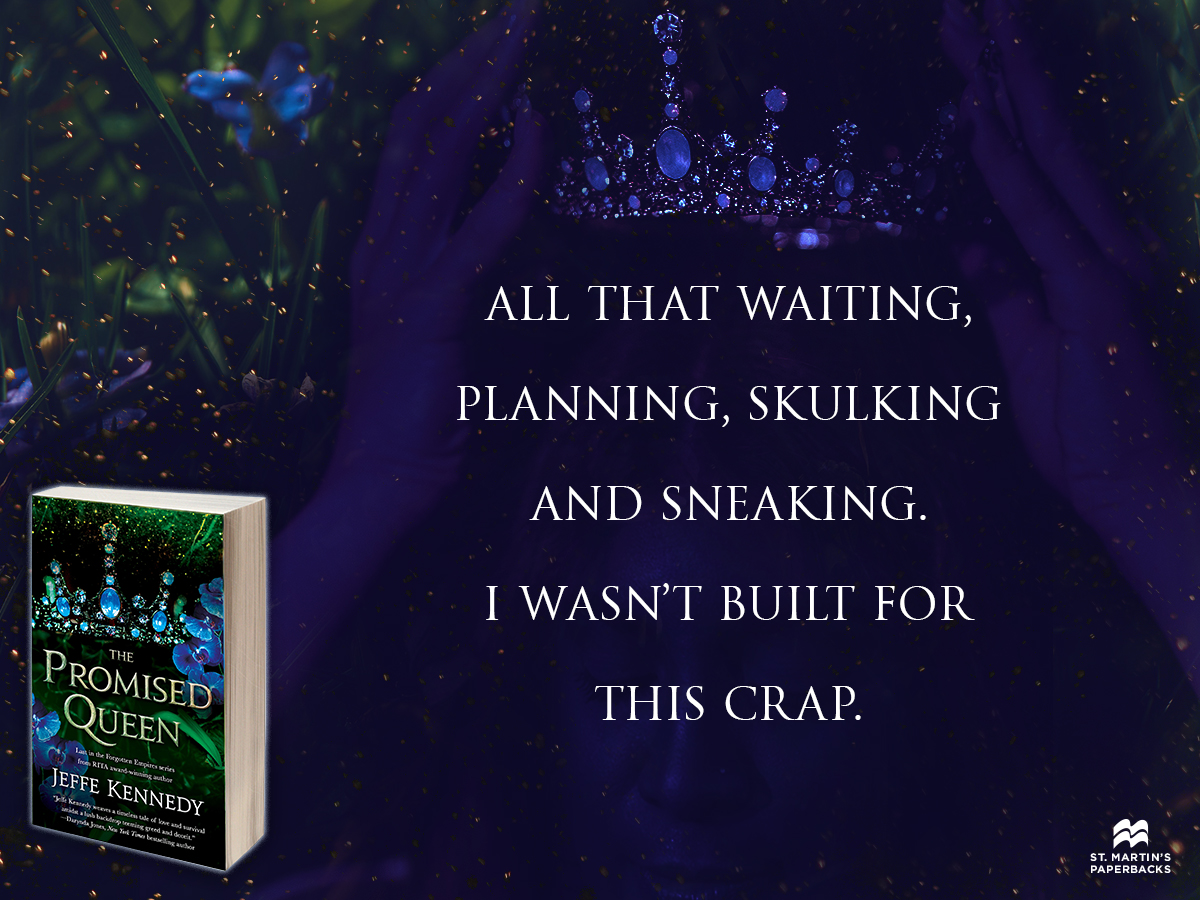
Amazingly enough, it’s already May – which means THE PROMISED QUEEN, the third and final book in the Forgotten Empires trilogy, is out in just two weeks. That comes as a shock to me, I can tell you!
It also makes this particular graphic quite apt and goes well with our topic this week: “When Life Gets In The Way: dealing with a schedule for writing when the world wants to go off the rails.” Come on over for my best advice.
